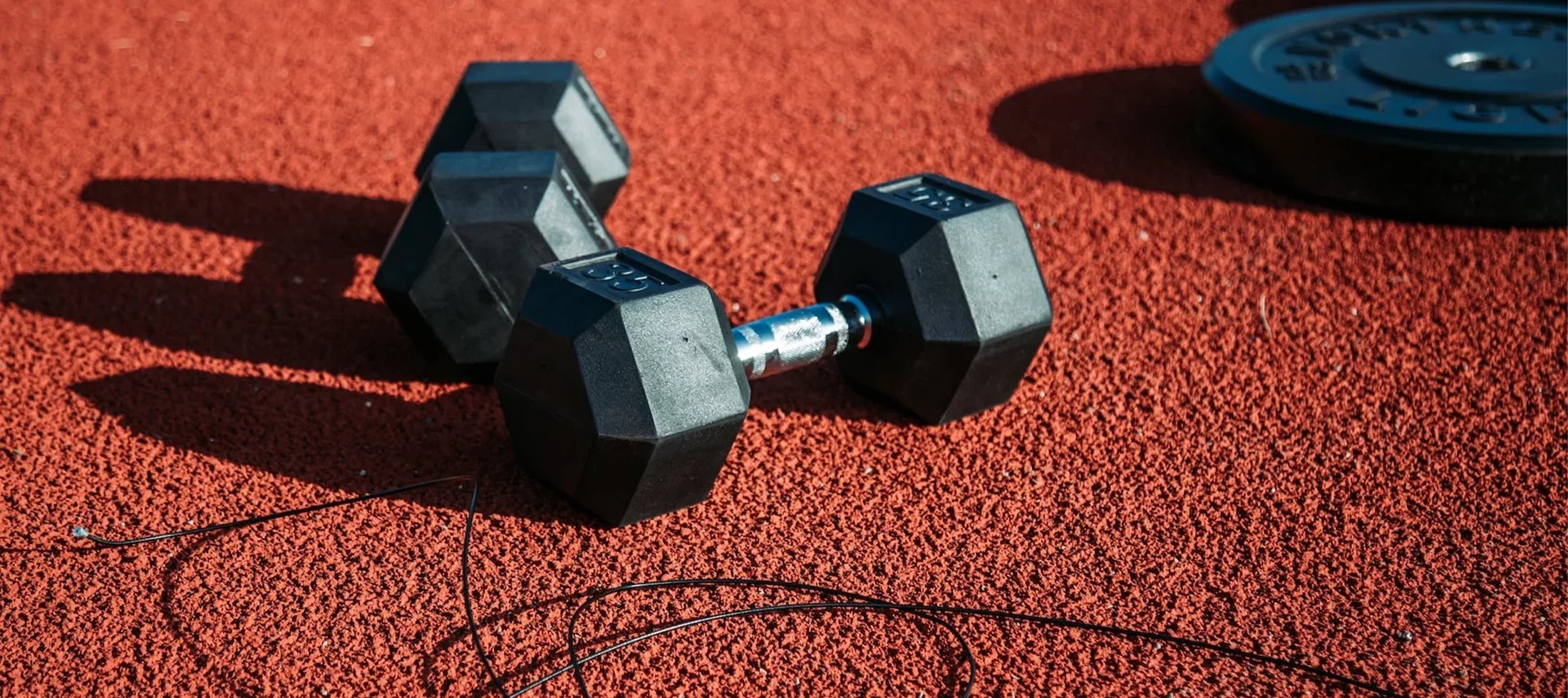Most people find it hard to continue their workout regime during Ramadan due to a lack of energy and time. There is always an excuse to miss the gym. It keeps getting postponed till after Eid. It requires a lot of effort to get up and move your body after a whole day of fasting. We will be discussing some tips and tricks that will keep you as motivated during Ramadan as before Ramadan.

Pros and cons of working out at different hours
Usually, it takes some days to decide which time suits your routine and you keep trying to work out at different times to discover your hour. Well, we are here to make it easier for you.
Pre-sehri workout
Pre-sehri means just before you take the last meal before your fast begins.
Pros
- You can take a pre-workout meal and have a chance to replenish afterward.
- The weather is colder, so you feel less dehydrated.
Cons
- Waking up even earlier for sehri is hard.
- Due to exercise, the cortisol level rises in the body, making it even harder to fall back asleep.
- Not all gyms will be open at this hour.
Post-sehri workout
The time after you have taken the sehri or suhoor is good for the workout as you feel fresh and more energetic.
Pros
- You have just taken enough food and water so you feel fresh and energetic.
- It is less warm than in the daytime so less sweating.
Cons
- You cannot replenish the nutrient losses.
- High cortisol levels due to exercise will disrupt your sleep.
- You will get hungry earlier, as your calories have burnt faster, at the beginning of the fast.
Pre-iftar workout
Iftar, the most awaited time of the day, is when you break the fast. Exercising just before iftar has its pros and cons.
Pros
- You can replenish the nutrients.
- It promotes fat loss, as exercising in the fasting state enhances fat burning.
Cons
- You will feel less energetic and won’t be able to perform as well as you usually do. It will demotivate you.
Post-iftar workout
The Iftar is usually a really heavy meal and it leaves us tired and sleepy.
Pros
- You have enough energy reserves and can replenish them afterward.
- You will feel fresher after an exercise session
Cons
- It doesn't have any consequences. It depends on your iftar routine.
Post-taraweeh workout
Taraweeh is the prayer offered after isha prayers.
Pros
- You have enough energy and have a chance to eat afterward as well.
Cons
- Workout late at night is not recommended as it disrupts your sleep.
What could be the best time to workout during Ramadan
There is no specific routine that will suit all of you. It is more of a “different strokes for different folks” scenario. We have already mentioned the pros and cons of exercising in different parts of the day during Ramadan. You can now easily make your decision.
Some tips to help you continue working out even during Ramadan

- If you are working out after iftar, try to keep your iftar light and take a relatively heavier meal after the workout.
- You should do resistance training or light-intensity cardio while fasting.
- Choose the time and workout you perform wisely or it will have adverse effects.
- If you prefer weight training, post-iftar is the best time for you.
- Decrease the time of your workout.
- Try to stay active throughout the day.
- Respect your body and don’t try to burden it.
Our expert opinion
In the end, we, being the nutrition and health expert, would suggest you plan your workout regime wisely. It is better to exercise when you can replenish the lost nutrients, electrolytes, and most importantly water. Light and short workouts will not harm you in Ramadan, instead, they will keep you fresher and more active. You just need to take care of your body and not burden it. Plan your diet and workout carefully.
Reviewed by Certified Dietitian



Share:
Stop Doing These 7 Things Right Now
Pakoras, A Healthy Food Option